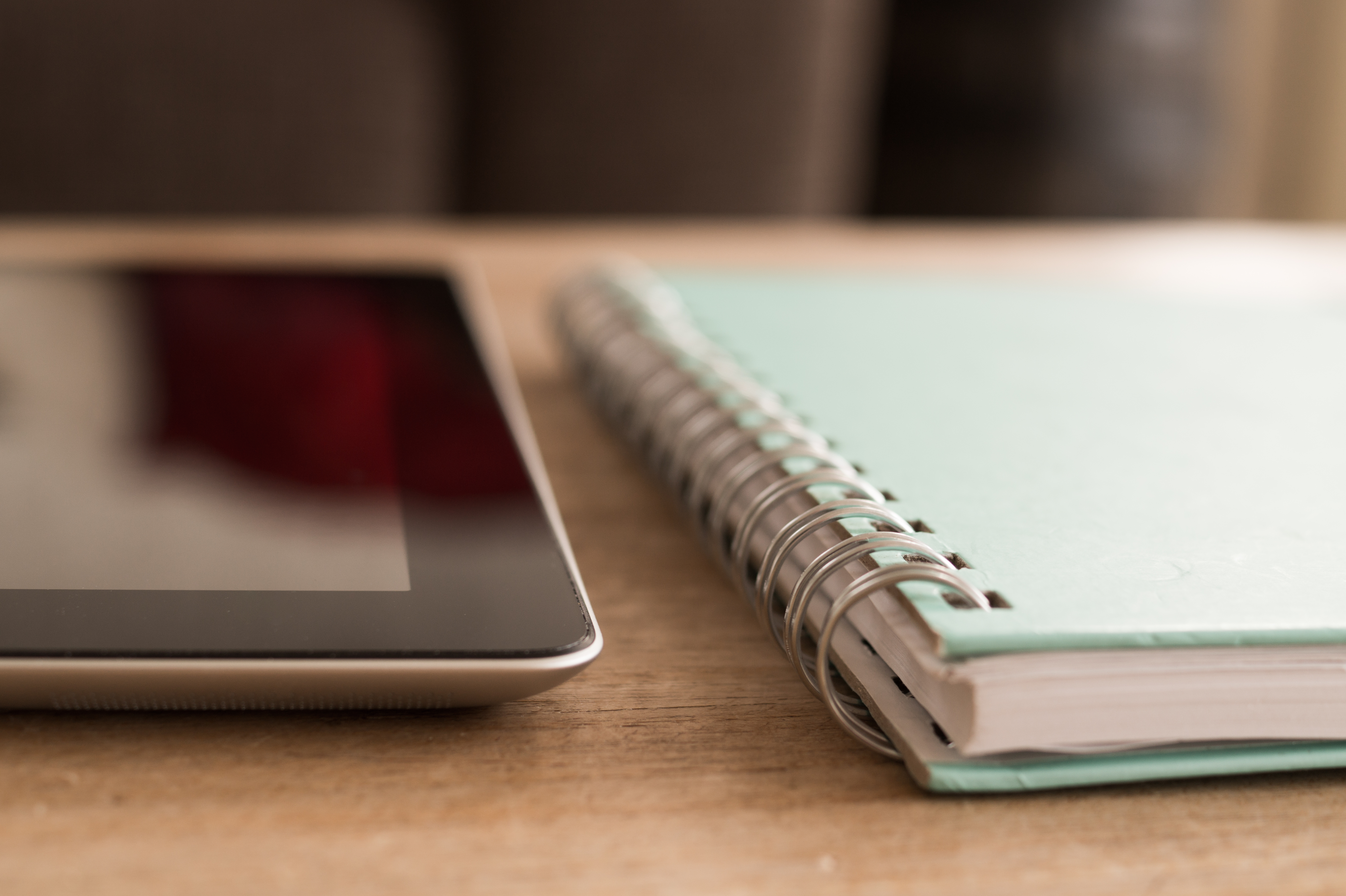Scan any lecture hall and you’ll probably find laptops loaded with e-books and electronic notebooks, overlaid with a few tabs of social media. Typing up notes saves time and backpack space and is an easy (though not so sneaky) way to get work done for other classes.
But researchers at Princeton and UCLA say lugging around a notebook or two and actually using it in class can benefit you in the long run.
The study found that students who scratched it out old-school style generally did better on tests, remembered the information longer and were higher achieving.
Can’t remember any vocab from Spanish class? Try writing it out. Researchers say you’ll grasp new ideas better that way. By physically moving the pen, you focus on the information, transform it and cement it in your brain.
But this university’s students seem to be ahead of the news. Senior Luke Snellings has always taken notes by hand — and he takes a lot of them.
“I think handwriting helps you remember. I also study that way,” the history major said.
Sophomore Christopher Bernard said he used to type his notes, but switched when he realized he wasn’t remembering as much.
“When I write stuff down it forces me to think about what’s important,” the aerospace engineering major said. “When I use the computer, I’m just writing down what the professor says or what’s on the PowerPoint.”
Researchers agree. Taking notes by hand forces a student to paraphrase, especially because writing is slower than typing. Concentrating and selecting each word embeds the topic in your brain as you transform the teacher’s drone to visual information. Students who handwrite their notes can usually capture about 22 words per minute compared to 33 for their typing counterparts.
“I’m very slow at typing,” sophomore English major Keith Wise said. “And if I had my laptop open I might get distracted by other websites.”
Freshman Mia Carmel said typing isn’t her strength either, but other constraints make handwriting her method of choice.
“I don’t like to have a ton of documents on my computer and also I can draw graphs or math equations,” the economics major said.
Bernard said his major pretty much makes handwriting the only option.
“As an engineering student it’s very hard to write down some of the notations on the computer. I’m pretty much forced to write them down pen and paper,” he said.
There are short-term advantages to typing, however. Researchers found students who type remember the information better right after class ends. Handwriters have a better grasp on the content just a day, or even up to a week, later.
Freshman Jessica Grayson understands just how important handwritten notes are to her own learning.
“When I’ve tried to do it in the past, I get distracted with other things and I don’t pay attention in class,” the English major said. “Even when I do take my notes on the computer I end up transcribing them later.”
When researchers tested participants, they found that students with handwritten notes did far better, even though typers had many more notes to look at.
But sophomore Mihir Khetarpal types his notes and doesn’t see himself switching any time soon.
“If I write them down I can’t read them later,” the economics and government and politics major said.
And as for the improvement of the students in the study?
Khetarpal said, “They probably have better handwriting than I do.”



